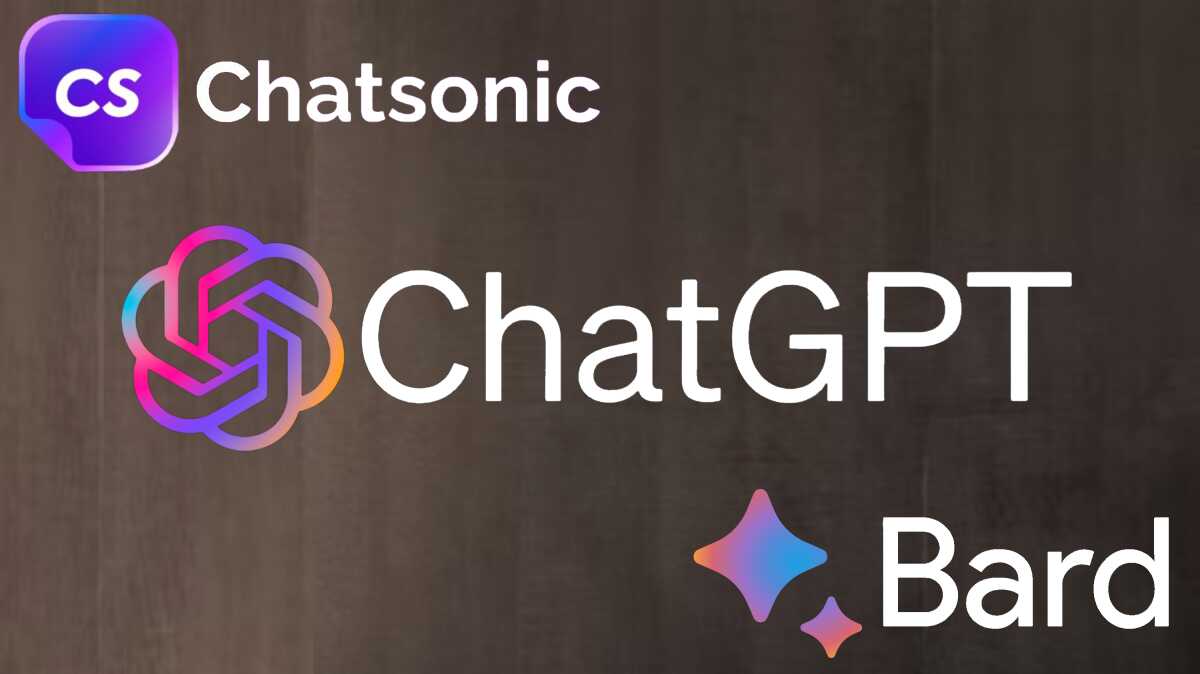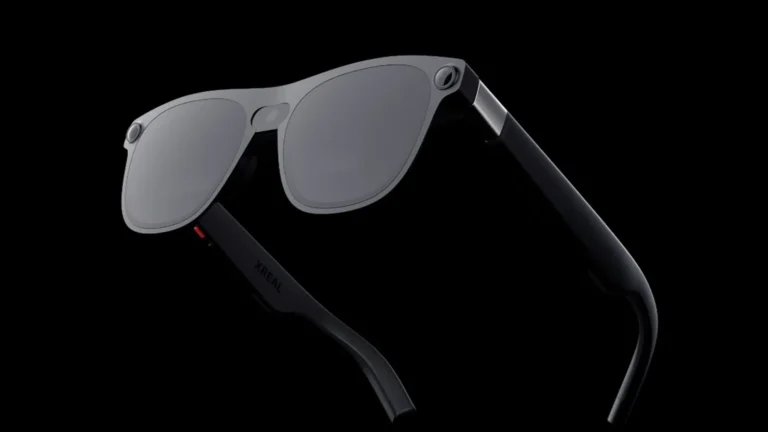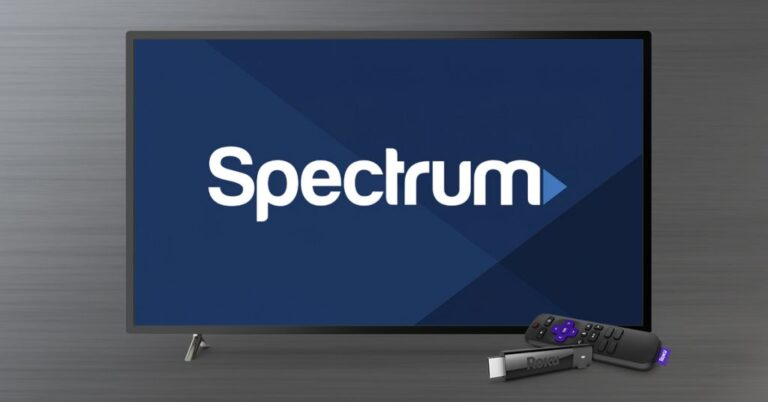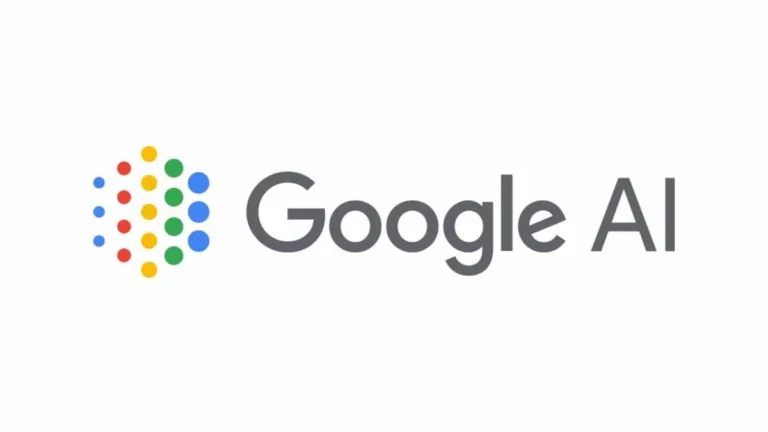Amazon’s Alexa Is Falling Behind In The AI Race
Amazon’s Alexa is having a hard time keeping up in the fast-moving AI race, facing challenges as competitors push forward with more innovative and advanced technologies.

While Amazon has been the highest-grossing company in the world, that doesn’t mean that their AI virtual assistant, Alexa, has achieved the same status. Alexa is up there on the list of the top AI technologies of today. However, recent reports suggest that this program is facing significant hurdles.
Last year, Amazon unveiled a new, smarter, and more conversational Alexa. But Fortune did not have nice words for it. According to this famous magazine, this update is far from ready and might never reach its full potential. In this article, we discuss all the latest news about Alexa and its foreboding future.
Alexa’s challenges and visions for the future
The competition in the voice assistant market is fierce. Apple’s recent unveiling of its “Apple Intelligence“-powered Siri at the WWDC 2024 conference is plenty of evidence for this.
Despite Alexa being one of the most capable voice assistants, Amazon is not on the mark in implementing its generative AI makeover. A read through the internet tells us that Alexa is not close to achieving Amazon’s ambitious mission of becoming “the world’s best personal assistant.” In fact, things are going the opposite way. Amazon’s AI risks becoming a digital relic, a cautionary tale of a groundbreaking technology that missed its mark.
As mentioned, Alexa’s review from Fortune hasn’t been kind. The report, based on interviews with over a dozen former Amazon employees, describes a picture of organizational problems and technological challenges. These are major issues and without resolving them, no breakthrough is possible. However, Amazon has countered these claims. They say that the details provided by former employees are outdated and are no indication of the current state of Alexa’s Large Language Model (LLM). Can we trust Amazon on this?
Last year, at Amazon’s fall hardware event, they showcased an advanced Alexa model. It is still available only in a limited preview. The demo displays a more conversational and contextually aware voice assistant. However, again Fortune differs, saying that the reality may fall short of these expectations. The former employees interviewed by this magazine believe that by the time the new Alexa is ready, it might already be overshadowed by competitors like OpenAI’s ChatGPT.
One significant issue is that Alexa has to deal with an existing tech stack and maintain its current feature set. This old infrastructure hampers the development of the new, improved Alexa. It seems Amazon is yet to figure out how to merge the capabilities of the old Alexa with all the upgrades that were showcased at the hardware event. One former employee stated the company’s post-demo message was clear: “We need to basically burn the bridge with the old Alexa AI model and pivot to only working on the new one.”
Alexa also struggles with making consistent and effective API calls. While the previous sentence might be jargon to most, it is a crucial function for interacting with third-party smart home devices and music services. Training the LLM to understand natural language is no piece of cake either. The current situation with millions of existing Alexa devices all over the world is that people are used to speaking in “Alexa language” rather than interacting naturally. This is big hurdle in the training process.

Another big challenge is Amazon’s decentralized organizational structure. Thousands of employees working on Alexa are spread across various teams, causing friction and frustration. Mihail Eric, a research scientist who left Amazon in 2021, attributed the failure of his work on Alexa to the company’s organizational chart. Apparently, Amazon insists on tying research to product launches. Eric goes so far as to say that he believes his efforts if properly supported, could have led to an Amazon version of ChatGPT before its release.
But Amazon has been at the top of the corporate world for so long for no reason. Despite these challenges, Amazon remains committed to improving Alexa. Kristy Schmidt, an Amazon spokesperson, said that the company’s vision for Alexa is to be the world’s best personal assistant. According to Schmidt, generative AI will have a huge positive impact on this device. Amazon is already integrating this technology into various components of the assistant. The goal is to make Alexa more proactive, personal and trusted for its users.
The company is racing against time to deliver on its promises. The departure of Dave Limp, the former head of devices and services, shortly after the fall event, and the appointment of Panos Panay, the former chief product officer at Microsoft, signal a shift in strategy. Panay has been in his new role for over six months, and with fall 2024 approaching, the pressure is on Amazon to demonstrate tangible progress.
Alexa has been through a lot. It was once a market leader and now, let’s just say it does not top the list. The stakes haven’t been higher in the AI race. For Amazon, the challenge is not just about technological advancement but also about organizational agility and effective integration of new capabilities. The tech giant must grapple with these hurdles to regain its competitive edge. Only then can Alexa emerge at the top once again.
Amazon’s Alexa, once seen as a revolutionary voice assistant, is now at a crossroads. The company’s ambitious plans for a smarter, more conversational Alexa face numerous challenges. Yet, Amazon’s commitment to improving Alexa and the recent leadership changes offer a glimmer of hope. As the competition intensifies, Alexa’s future hangs in the balance. Whether Amazon can deliver on its promises and reclaim its position at the forefront of AI innovation remains to be seen.






